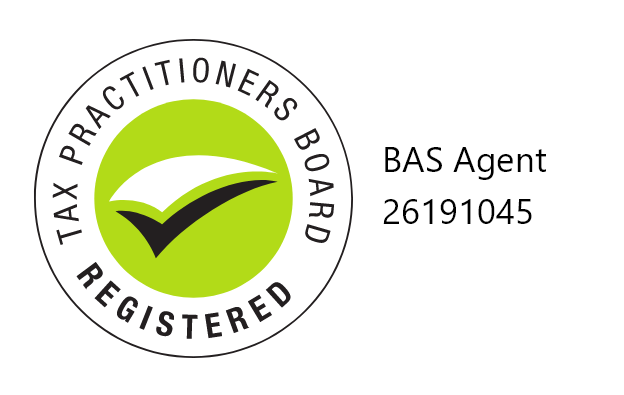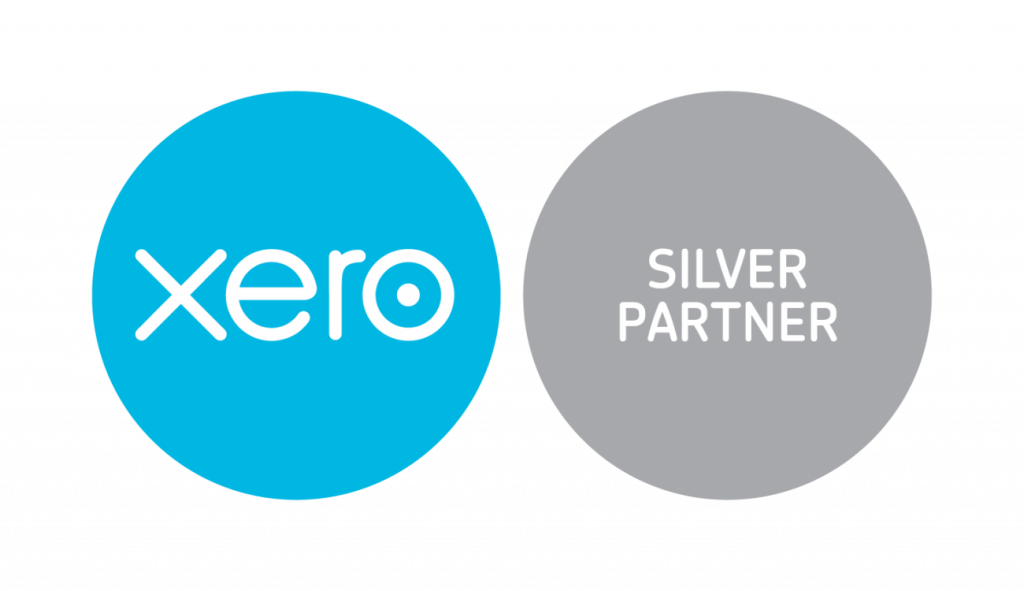Bookkeeping vs Accounting Overview
Whether you’re a solopreneur, small business owner or growing start-up, you need to be across a lot in the business game. Keeping your records neat and tidy and staying ahead of financial rules and regs are an essential part of your business toolkit. You can’t afford to overlook the compliance and performance management of any business, which is where bookkeeping vs accounting take centre stage. After all, business owners love what they do and want to see continual growth from their efforts. So having sufficient record keeping and financial know-how, are a key part of effective business ownership.
The terms bookkeeping and accounting can at times, be used interchangeably. They are two complementary activities that every business owner must have a grasp on, to ensure they are covered when it comes to financial accountability and governance. Lets look at the finer details of bookkeeping service vs accounting service, to give you some insights into these essential areas of business.
Bookkeeping vs accounting – a comparison
When it comes to comparing bookkeeping and accounting there are some unmistakable differences in the financial tasks performed and the business benefits. Importantly, bookkeeping data is not sufficient to make business decisions. Check out the table to compare bookkeeping and accounting;
Typical bookkeeping tasks | Benefit | Typical accounting tasks | Benefit |
Send invoices and record payments received | Ingoing and outgoing payments are tracked | ||
Process payroll | Staff are paid on time | Asses finances and make forecasts | Predict future business costs |
Record daily business transactions | A detailed transaction history of payments and expenses recorded | Prepare adjusting entries | Analyse a business’s operational costs |
Record daily and monthly transaction history | Financial records are up-to-date | Conduct routine financial audits | Ensure business targets are met |
Conduct monthly bank reconciliations | Monthly banking is maintained | Advise business owner on financial decisions | Management can make appropriate business decisions |
Generate monthly financial statements | Adequate record keeping maintained | Review and analyse financial statements | Prepared to asses overall business performance |
Prepare books for the accountant | Journal entries recorded | Prepare and file corporate tax returns | Ensuring business meets tax laws |
Bookkeeping is your bestie
Bookkeeping is the process of maintaining a business’ financial records, or “the books”. It’s a daily activity that involves adequate recording of financial operations and forms the basis to accounting. If you make friends with bookkeeping, then other positive benefits will flow! A thorough bookkeeper will record each and every monetary transaction that occurs within, and for, the business. It’s an exact science and one that demands high accuracy and attention to detail to ensure records are up-to-date.
The bookkeeping process involves these key steps:
- Identifying a financial transaction
- Recording a financial transaction
- Preparing a ledger account
- Preparing trial balance
If you have truly befriended your bestie, you will know that there are two commonly used bookkeeping methods; a) the single-entry or b) double-entry systems. Each has its advantages and disadvantages, so its important to choose the method which is going to be the most suitable for your business needs.
Good financial records provide reliable information on the company’s performance, while also making it easier when it comes to making investment decisions. By making bookkeeping your bestie, not only are you befriending a system of accountability, you also make your accountants life much easier when it comes to lodging a business activity statement (BAS; if you are a GST registered business) and around Tax time!
Small business bookkeeping
When it comes to small business ownership, no-thing else should get between you and your bestie. Not poor time management or glorious speaking gigs or getting that catchy new promotional sign done. These are all enjoyable elements of business ownership, but bookkeeping really should come ahead of them all, as the positive results it can bring to the success of your operation.
In any small business there’s an abundance of essential and ongoing activities required for a bookkeeper. To give you a sense of how your bestie operates, here’s the top ten tasks they cover;
- Day-to-day account management
- Maintain up-to-date records
- Ensure business is aligned with tax laws
- Prepare financial statements and readiness for Tax
- Execute stocktakes
- Monitor cash flow
- Manage bank feeds
- Handle accounts payable
- Manage accounts receivable and send invoices
- Prepare the books for your accountant
Accounting Awareness
While bookkeeping is about recording financial transactions of a business, accounting is the process of analysis, interpretation, reporting and classification of its financial data. Accounting is an activity that forms part of the broader scope and awareness of a business’s financial bottom line, which is why it’s sometimes known as the “language of business”.
Accounting involves the systematic measurement, analysis and communication of detailed information about a business’s financial transactions. A small business accountant may assist small business owners adhere to financial rules and regulations, explain financial statements, oversee payment processes and help them lodge their taxes correctly, to name a few.
Your accountant will also analyse financial data to produce insights about business performance, to determine the company’s overall financial position and to assist with short- and long-term business decisions. Financial insights into a business’s performance will be shared with investors, creditors, employees, and notably government. If your accountant acts as a Tax Agent, then they can provide advice around tax compliance rules. In other words, the awareness provided by an accountant is like having another set of eyes and ears attuned to the language of business.
Should you have bookkeeping or accounting?
There’s a lot of financial know-how and ‘dos’ and ‘don’ts’ to be aware of when running your own business. Together, bookkeepers and accountants form the knowledge base for some essential business activities, including compliance and performance. Whether you’re a solopreneur or business high-flyer, without consistent bookkeeping and accounting processes in place, you have little basis from which to recover key transaction data and adequately track your financials.
As business owners, a top-notch bookkeeper and accountant should be viewed as superstars in their professional network. If you’re questioning whether or not you need bookkeeping vs accounting in your small business toolkit, ask yourself this: “do you have time to keep track of all the above-mentioned?” If the answer is ‘no’ or ‘not sure’ then it might be wise to scope out some options, sooner rather than later!
Books and Balance bookkeeping services can provide a range of services including:
· Business bookkeeping
· Payroll management
· BAS lodgement
· Bookkeeping clean-up
· Software solutions
· Point of sale system
· Financial analysis
· Accounts payable
· Individual tax returns
Please feel free to contact us for more information. We will be glad to assist you with your small business bookkeeping needs.






